When it comes to smartphones, tablets, computers and wearable electronics, Apple occupies a high position that most of its competitors can only envy. Thanks to its popularity, it can afford compromises that you simply wouldn't forgive other manufacturers. However, it is still significantly losing in the field of smart speakers, which, on the one hand, can be changed by the newly introduced HomePod mini, but I still don't think that manufacturers like Amazon or Google can overtake it. As a recent owner of one of Amazon's smart speakers, I've been considering Apple's smaller speaker for a while, but whether you like it or not, it still has some catching up to do, especially in terms of smart features. And in today's article we will show where Apple is inexplicably lagging behind.
It could be interest you
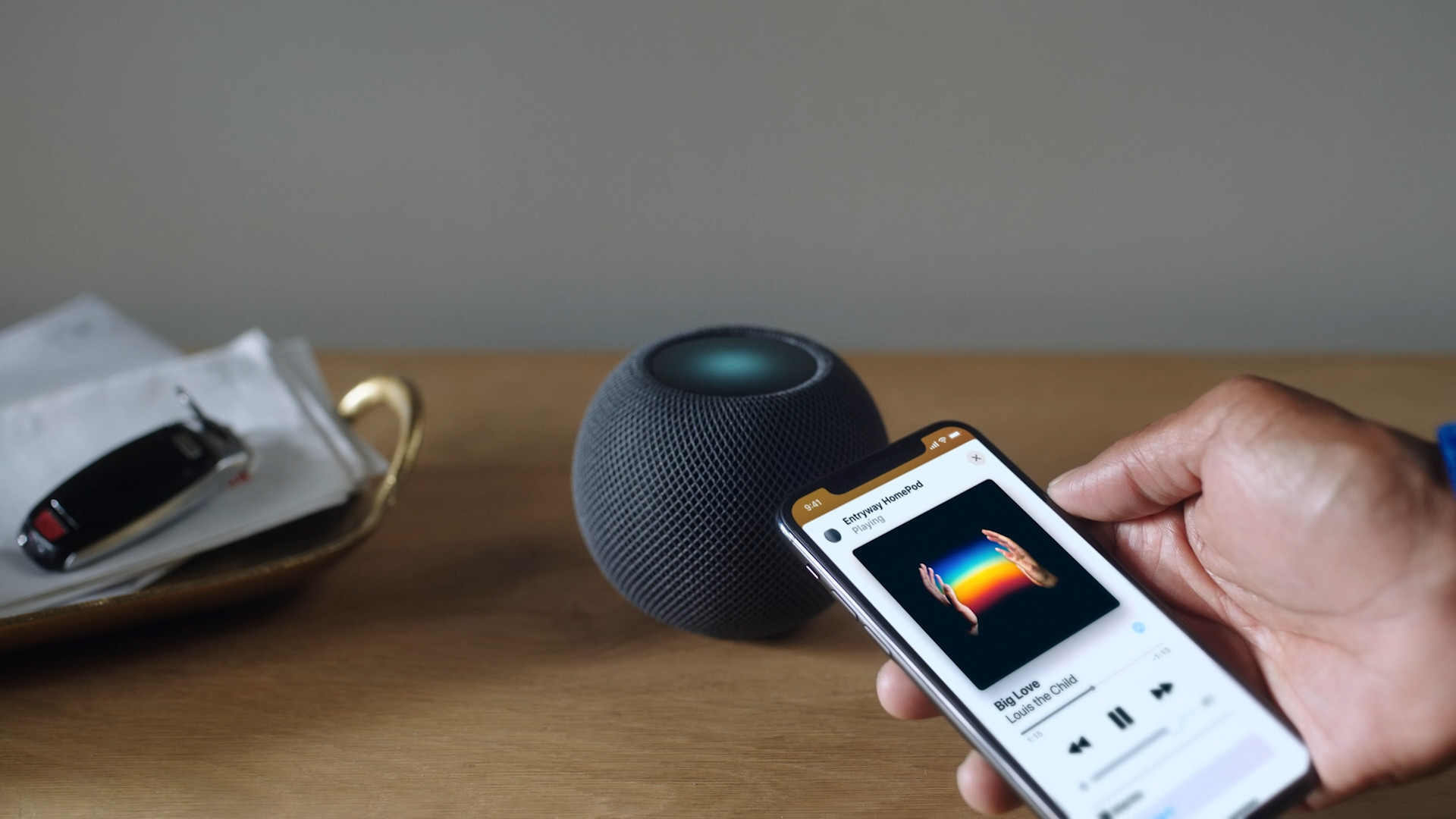
Ecosystem, or here, closedness is unforgivable
If you have an iPhone in your pocket, an iPad or MacBook is on your desk as a work tool, you go for a run with an Apple Watch and play music via Apple Music, you absolutely meet all the requirements for purchasing a HomePod, but also for example one of the Amazon Echo speakers - the same however, the opposite cannot be said. Personally, I much prefer Spotify mainly because of listening to music with friends and better personalization of playlists, and right now the HomePod is almost unusable for me. Sure, I could stream music via AirPlay, but that's quite inconvenient compared to standalone playback. Even if I could get over this limitation, there is another rather unpleasant limitation. There is no way to connect the HomePod to other non-Apple devices. Both Amazon and Google speakers, unlike the HomePod, provide Bluetooth connectivity, which is a significant advantage. So you can only play music from an iPhone on the HomePod.
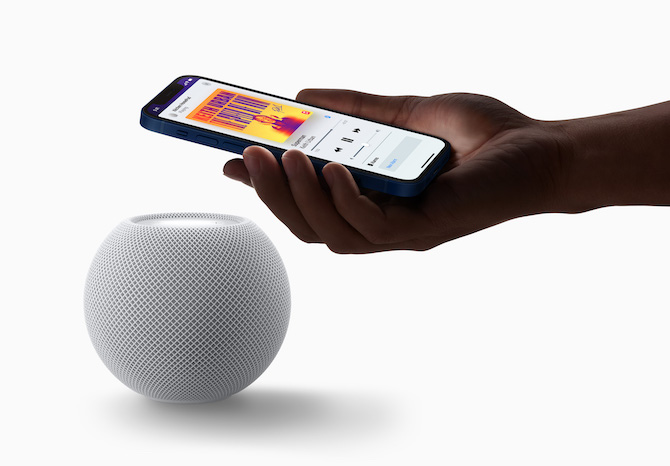
Siri is not at all as smart as you might think at first glance
If we were to focus on the functions of the voice assistant Siri, which Apple highlighted at the last Keynote, it was said here that it is the oldest assistant ever. However, this is about the only thing in which Siri surpasses its competitors. Apple did introduce a new service intercom, however, this practically only caught up with the competition, which is relentless in the fight and has far more interesting functions up its sleeve. Personally, I still can't praise the function when I just deny my smart speakers "Good night", which automatically plays soothing tunes on Spotify and sets a sleep timer. Another great feature is when the alarm clock rings, I get the weather forecast, events from the calendar, current news in the Czech language and a playlist of my favorite songs starts. Unfortunately, you won't get that with the HomePod. Competitors have these features available even when you use Apple Music. Siri on the HomePod loses significantly in terms of smart functions, even compared to the one on the iPhone, iPad, Mac or Apple Watch.
Competitive Speakers:
Limited support for smart accessories
As a completely blind user, I don't really appreciate the importance of smart light bulbs, as I have them constantly off in my room. However, if you're primarily concerned with controlling smart lights, not all of them get along with the HomePod. What's also great about the competition is that you can link smart bulbs to your routines, so for example they automatically turn off before bed or turn on slowly just before the alarm to wake up more naturally. However, an even bigger problem is the HomePod's support for robotic vacuum cleaners or smart sockets. Thanks to the smart functions of Amazon's speaker, I only need to say one phrase before I leave the house, and the house is relatively clean when I arrive - but for now, HomePod owners can only dream about it.
It could be interest you
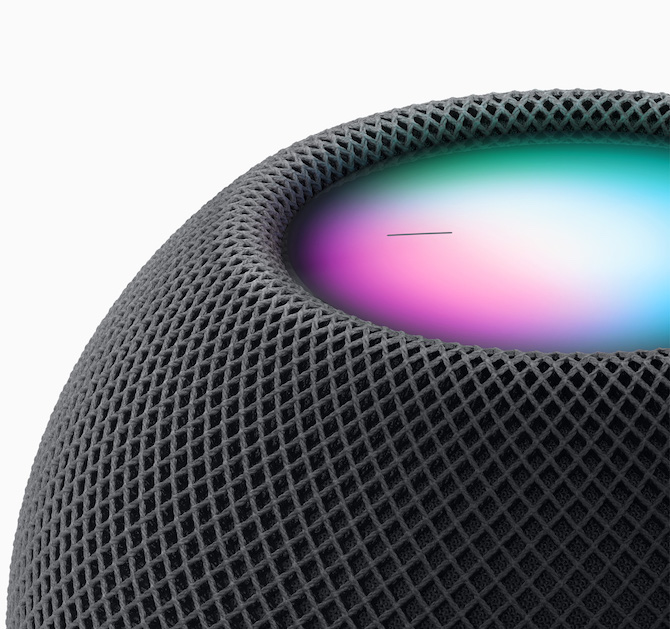
Pricing policy
The prices of Apple products have always been rather higher, but in most cases they could be justified by the perfect connection, processing and functions that the competition did not offer. On the one hand, I can agree that the HomePod mini is among the more affordable products, but if you're serious about a smart home, you probably won't be buying just one speaker. The HomePod mini will be available in the Czech Republic for around 3 crowns, while the cheapest Google Home Mini or Amazon Echo Dot (500rd generation) costs roughly twice as much. If you want to cover the entire household with speakers, you will pay an incomparably higher amount for the HomePod, but you will not get more functions, rather the opposite. It's true that we don't yet know what the smaller HomePod will sound like, but if you listen to, for example, the 3rd generation Amazon Echo Dot, you will at least be thrilled with the sound and for most users it will be enough as the main speaker for listening, even more so as an additional smart home devices.
Amazon Echo, HomePod and Google Home:
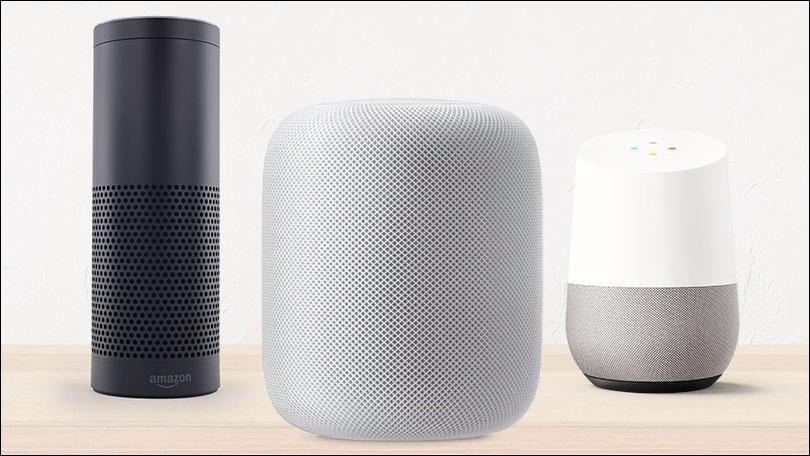

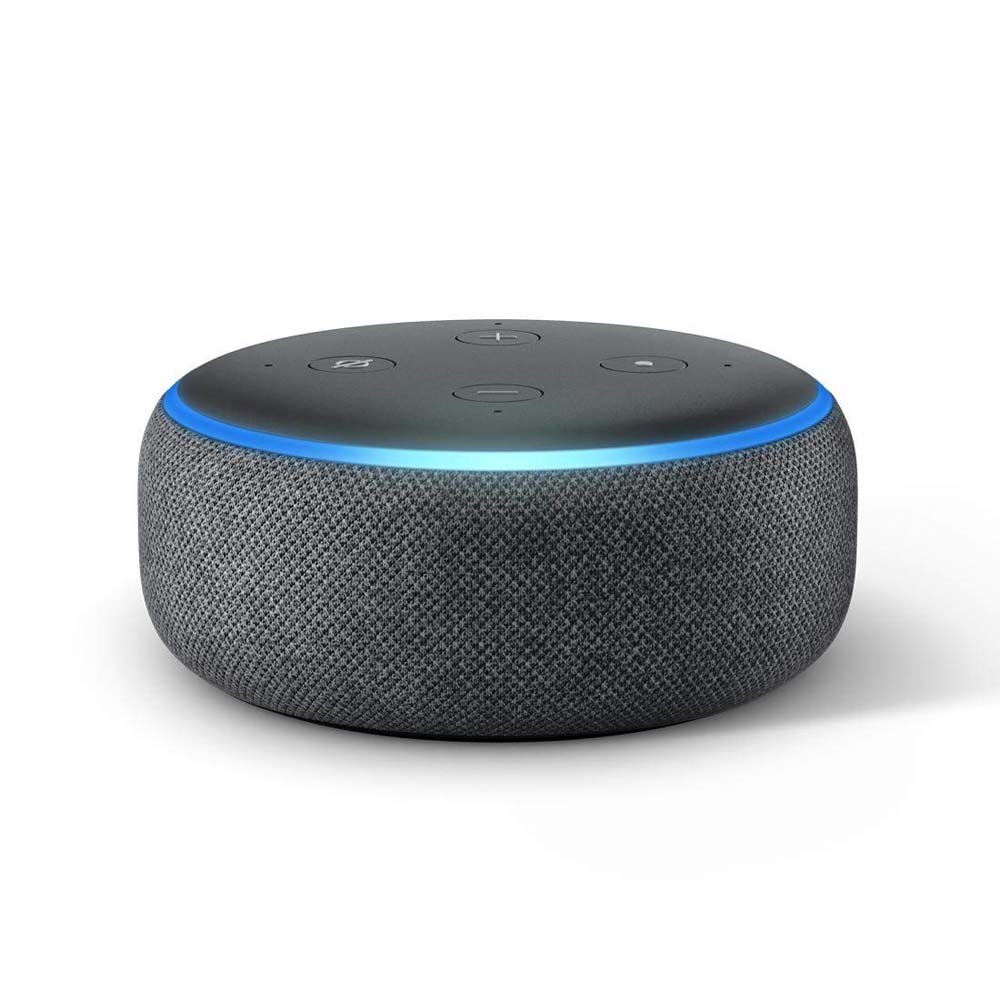
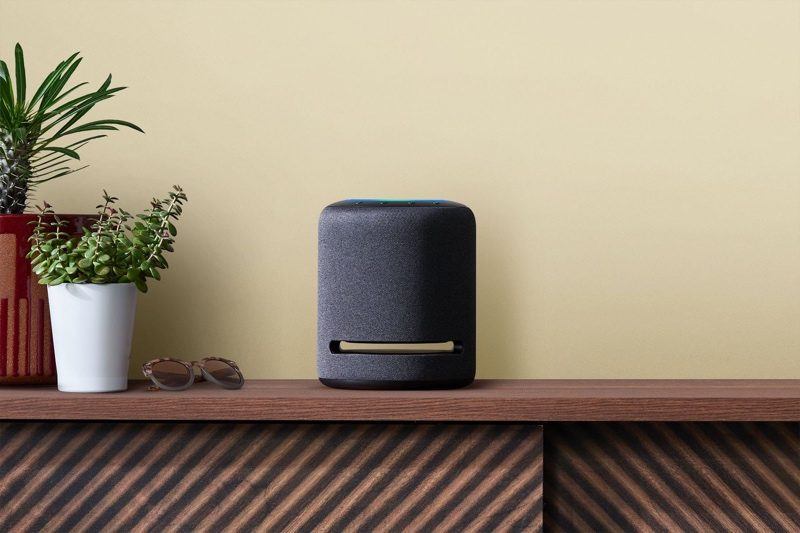
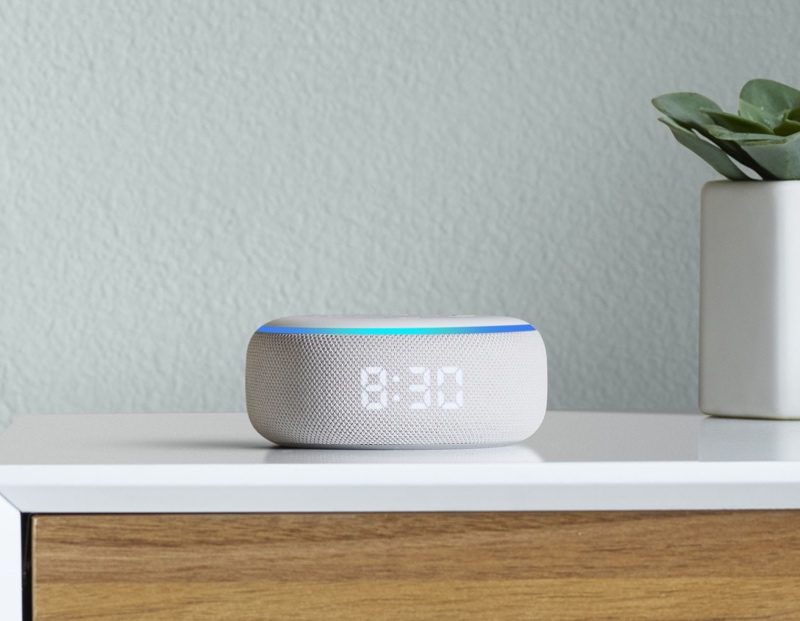
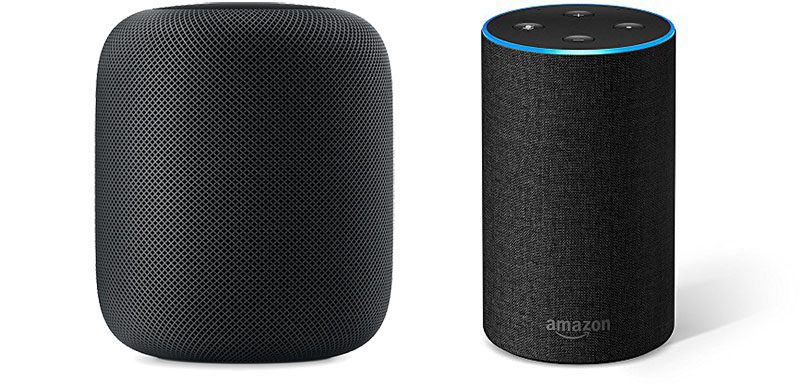

So I bought the HomePod mainly for the sound... and in this area it has no competition among smart speakers. I have a lot of repraks at home, for example the Bang&Olufsen Beoplay M5, which cost €600, but the HomePod has a better sound (that is, I like it much more) and the B&O is sitting dusty on the shelf, not to mention others like JBL, Bose, Sonos..
Good evening,
if you're looking for the ideal audio solution, you can find better speakers for the HomePod's price. When it comes to smart features, the HomePod lags behind both Amazon and Google when it comes to speakers.
The fact that Apple Home does not support robotic vacuum cleaners is exactly the reason why I am still hesitant to buy it. If I have to pay 10 to 20 thousand for a quality vacuum cleaner, I would like it to work in a way that after everyone leaves the house, it starts cleaning, as soon as the first person comes home, it goes to the dock. And that without a fixed time schedule. Of course, I am aware that manufacturers give their own application, but just with the possibility of a schedule, not with the reaction to an event in Apple Home.
Is it necessary for a robot vacuum cleaner to work with a smart speaker? Maybe someone will use it and then "need" it, but I keep these separate for practical reasons and they wouldn't work properly together. Similarly, I am struck by the criticism of the author of the article regarding the connection of smart light bulbs with routines. I have no problem with using smart light bulbs in the home or with the HomePod. Although he doesn't really either, because he doesn't have either of those. ?
This sounds like a HomePod review from someone who has never owned one. :-)))
Will we ever get a review from an experienced, long-time HomePod user?
I firmly believe that any user does not have the problems described here at all. And he probably doesn't live alone, so the same life-stimulating routine as Levíček.
Hello,
and how do you know I've never owned or used a HomePod? From your comment, it is rather obvious that you have probably never properly tested the functionality of other smart speakers... It is sometimes useful to look at the competition and you will find that Apple does not have to be the best in everything.
What did I write wrong or not mention in the article? The HomePod has the best sound of the competition, but if you want to create the best performing smart home, you can't go wrong with the HomePod.
I have a Homepod and I see it completely differently. What is probably called a routine with other manufacturers is here like automation and a scene. Practically anything can be set. Spotify is a problem, I actually pay for Apple Music because of the homepod and I don't use Spotify that much anymore. But I see the main advantage in AirPlay, which the author does not mention. The fact that it plays the same thing in every room without a time shift is great. Otherwise, yes, I would expect Siri to be smarter. The closedness of the system is determined by Apple's policy, and everyone who has an iPhone had to get used to it. It's a tax for the fact that when Apple approves something, it simply works. If someone wants to use smart components from manufacturers that are not for HomeKit, all you have to do is run a Raspberry Pi and upload the homebridge software to it, and nothing prevents it.
Greatly written article! Unfortunately, you're right, and even the elegance of the Apple ecosystem doesn't quite fit. But that's the price for unnecessary haste when they want to release new systems once a year...